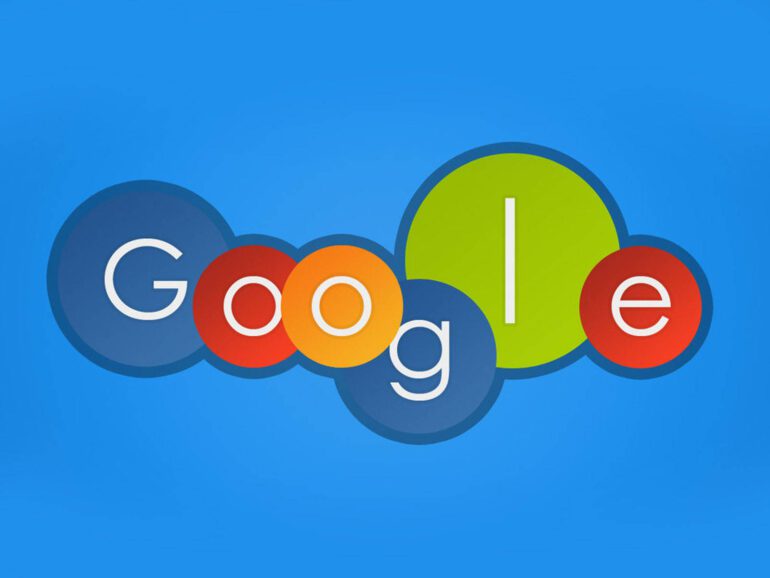TL;DR:
- Google pledges to protect users of generative AI within Google Cloud and Workspace platforms from intellectual property disputes.
- Other major tech companies, such as Microsoft and Adobe, have made similar commitments.
- Prominent writers and copyright owners have raised concerns about their creative works being used to train AI systems.
- Google introduces a comprehensive approach to indemnify users against both training data and content creation copyright claims.
- The policy applies to software, including Vertex AI and Duet AI in Google Workspace and Cloud.
- The indemnity does not cover intentional misuse of generated output.
- Lawsuits over generative AI primarily target companies, not individual users.
- AI defendants argue that training data usage falls under fair use in US copyright law.
Main AI News:
Google has declared its unwavering commitment to protect users of generative artificial intelligence (AI) within its Google Cloud and Workspace platforms. This announcement aligns the tech giant with industry peers such as Microsoft and Adobe, who have also undertaken similar initiatives to shield their AI-driven users from potential intellectual property disputes.
The race to integrate generative AI into products has seen major technology companies like Google invest heavily in this transformative technology. However, this rapid advancement has not been without its share of legal challenges. Prominent writers, illustrators, and other copyright holders have raised concerns through various lawsuits. They argue that not only does the use of their creative works to train AI systems infringe upon their rights, but the content produced by these systems also constitutes a violation of their intellectual property.
Google, in a pioneering move, introduces a comprehensive, two-pronged approach to indemnify its users, encompassing both facets of these copyright claims. A company spokesperson emphasized that this initiative stands as an industry-first, marking Google as a trailblazer in this arena.
This commitment extends to Google’s expansive suite of software, including the Vertex AI development platform and the Duet AI system, renowned for generating textual and visual content within Google Workspace and Cloud applications. Notably, the press release did not reference Google’s renowned generative AI chatbot program, Bard, suggesting it may not fall under this particular policy.
It is crucial to note that this indemnity does not apply when users intentionally create or utilize generated output to infringe upon the rights of others. Google maintains a strict stance against any misuse of its generative AI technologies.
Importantly, the recent wave of lawsuits surrounding generative AI has primarily targeted the technology companies responsible for developing these systems, with Google at the forefront. These legal battles have not singled out individual end users, providing some reassurance to those utilizing generative AI for various applications.
AI defendants have defended their positions, arguing that the utilization of training data obtained from the internet falls within the bounds of fair use under US copyright law. This legal landscape continues to evolve, and Google’s proactive approach to defend its users is a notable development in this ongoing debate.
Conclusion:
Google’s commitment to defending generative AI users from copyright claims sets a significant industry precedent. It highlights the importance of addressing intellectual property concerns in the evolving AI landscape and reinforces Google’s dedication to responsible and ethical AI use. This move may influence other companies in the market to adopt similar protective measures for their AI users.

